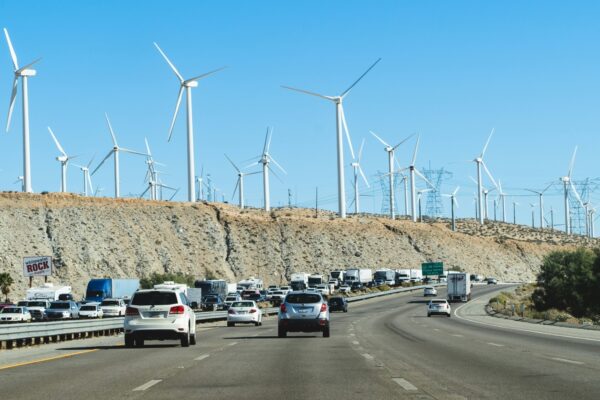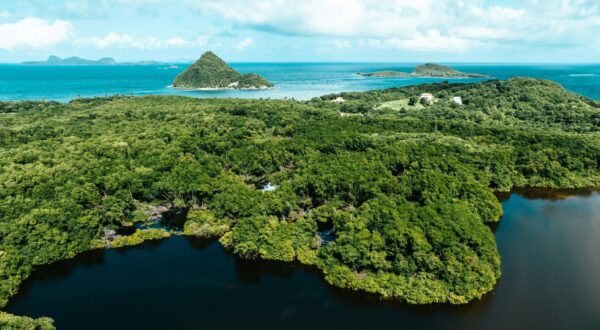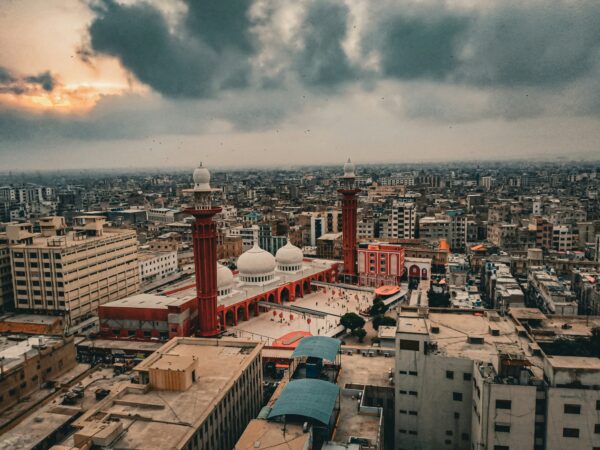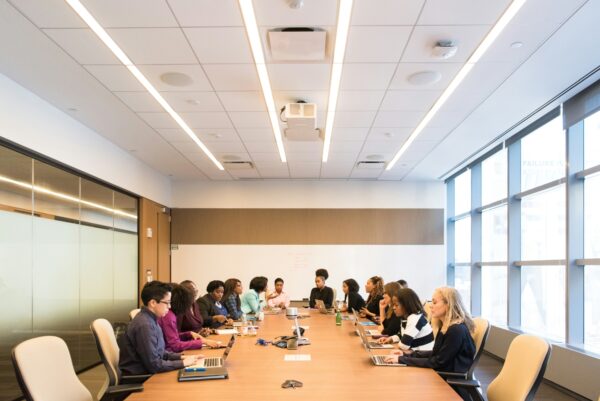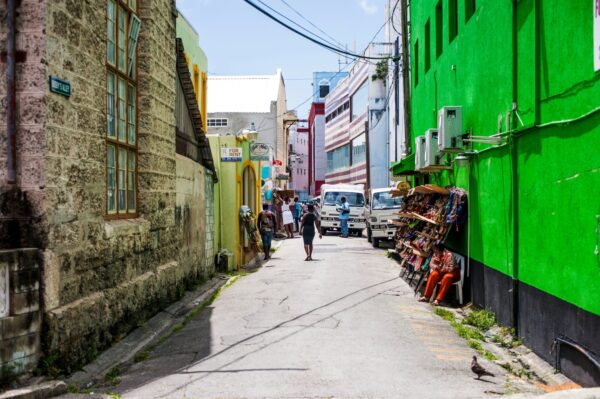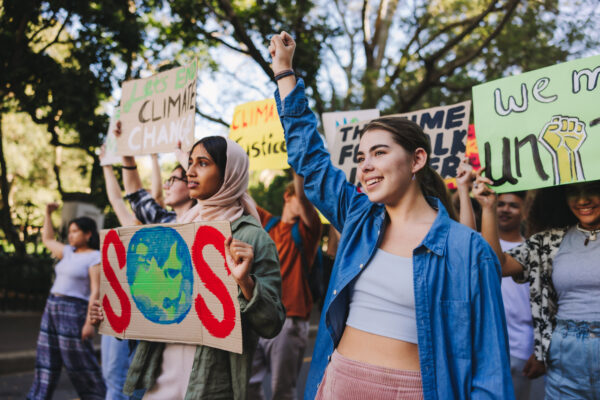Coronavirus underscores small islands' climate vulnerability
Share
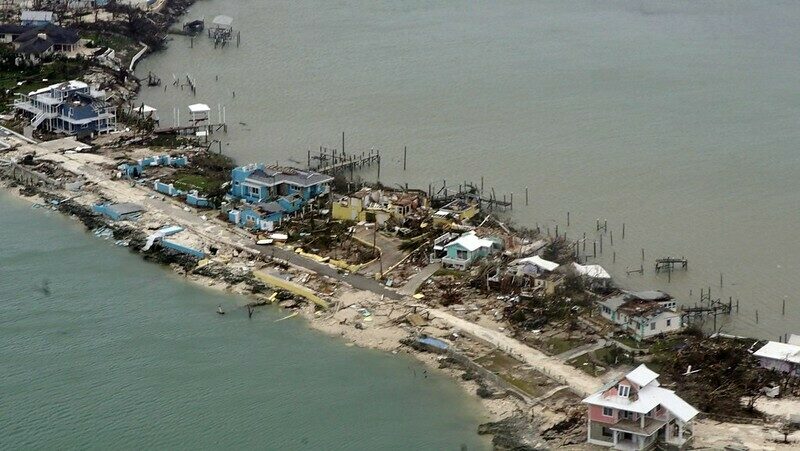
This article first appeared on Climate Home News on 17 April 2020
The coronavirus pandemic is ravaging countries around the world and small island developing states (SIDS) are no exception. In the Caribbean, new cases and associated deaths are rising, while in the Pacific, numbers are increasing but there are still some islands with no reported cases as yet. The threat of coronavirus to overwhelm health care capacities has led the majority of small islands to put in place strict measures to prevent spread of the virus. Many have closed their borders and banned domestic travel, with significant economic implications for the many island nations that are highly dependent on tourism. Small island nations have implemented physical distancing measures, curfews and complete lockdowns of all services except for medical care.
However, while they are responding to the threat of coronavirus, the very high risk from climate change impacts is still there. Although the pandemic has resulted in lower global greenhouse gas emissions for the year, SIDS are still affected by existing climate change impacts and must address these while they simultaneously respond to coronavirus. The pandemic highlights how risks rise significantly with compound events. That is, rather than addressing and recovering from one shock at a time, several extreme events may occur in rapid sequence and overwhelm capacities to respond. Social and economic impacts would escalate with widespread effects across all aspects of life. These risks compound events are exemplified by the current challenges that SIDS face as they address both coronavirus and tropical cyclones.
Recovery from destructive tropical cyclones often takes many years to decades, meaning that SIDS that have been recently affected by cyclones are still actively addressing impacts from these storms. This has implications for the efficacy of coronavirus measures as well as for the economic resources that are available to respond to the pandemic.
For example, The Bahamas was devastated by Hurricane Dorian in September 2019, resulting in damages of over US$3.4 billion and the displacement of thousands of people. Impacts were widespread, with the government anticipating that it would take at least five budget cycles to return to pre-Dorian levels of debt. This left the nation at a disadvantage when it came to addressing the pandemic as financial resources were already low and communities are still in early stages of recovery. Some residents are still located in shelters where the close proximity of people prevents recommended physical distancing measures and could promote the rapid spread of coronavirus. Critical healthcare infrastructure has yet to be repaired since being destroyed by the storm, resulting in very limited capacity to care for those afflicted with the virus. Thus, the island nation that was already severely handicapped by Dorian must rely on limited resources to protect a vulnerable population from the pandemic.
SIDS must also prepare for and respond to upcoming tropical cyclones during this health crisis. Typical preparation measures such as repairing and reinforcing buildings are either not taking place or are much scaled back, as all but essential construction has been halted in many countries. In the event of a storm, protective measures such as evacuations and housing people in shelters will be a daunting task while adhering to physical distancing that is needed to prevent coronavirus spread. Human resources needed to prepare for and respond to cyclones are already overburdened with the pandemic: senior governmental officials, law enforcement, healthcare workers and other critical staff have already been responding to the coronavirus crisis for weeks. Budgets allocated to address cyclones may likely be limited as nations have had to transfer scarce resources into the urgent needs presented by the pandemic.
Sadly, the challenges of addressing tropical cyclones and coronavirus have already been experienced in the Pacific, where Cyclone Harold has caused widespread destruction in the Solomon Islands, Vanuatu, Fiji and Tonga. Shelters had to be quickly sanitized and monitored to prevent people identified as potential coronavirus carriers from exposing others. Critical humanitarian aid supplies are being kept in quarantine to prevent spread of the virus, in a difficult decision that delays the distribution of much needed items to those affected by the storm. In the Solomon Islands, dozens of people were thrown overboard from a ferry that was overcome by rough seas. Rescue efforts were limited as the rescue helicopter could not fly since the pilot was in coronavirus quarantine; twenty-eight people are missing and feared dead. Domestic travel restrictions to curtail the virus may also result in extensive delays for transporting much needed recovery support in archipelagic nations.
Faced with dire economic circumstances due to the pandemic, there is a risk that limited national and international funding previously earmarked for climate change may be shifted to other priorities. However, just as compound events cannot be considered in isolation from each other, there must be a holistic approach to recovery that considers both the need for economic stimulation and climate change resiliency.
Fortunately, it appears that many of the lessons that are being learned from the pandemic are in line with the need for transformational and widespread change in response to the climate crisis. A focus on addressing the needs of the most vulnerable through a human rights-based approach has been identified as a key lesson from the pandemic, and is one of the basic tenets of climate resilient development. The need to diversify economies from unbalanced reliance on tourism and to improve domestic food production to support food security have also been identified as crucial. It will be critical to ensure that climate resiliency is ingrained in the response to the pandemic in SIDS and that strong climate action continues to be supported.
As highlighted by Jessica Moah, Pinoi Patterson and Thompson Mera, Ni-Vanuatu Pacific Islands Students Fighting Climate Change members, “Both crises – the virus and the climate – present the world with two choices; either we return to business as usual or use these opportunities to bring transformational change to our societies.” These crises underscore the extreme vulnerability of SIDS and the need for an international response that limits global average warming in line with the Paris Agreement with transformational change that has been supported by science.
More in the series of blogs on coronavirus pandemic impacts on climate-vulnerable countries:
COVID-19 another shock for vulnerable countries facing multiple crises by Manjeet Dhakal.
Facing Covid and climate Pacific island capacity stretched by Paddy Pringle
Header image: Hurricane Dorian damage in the Bahamas ©Coast Guard News



